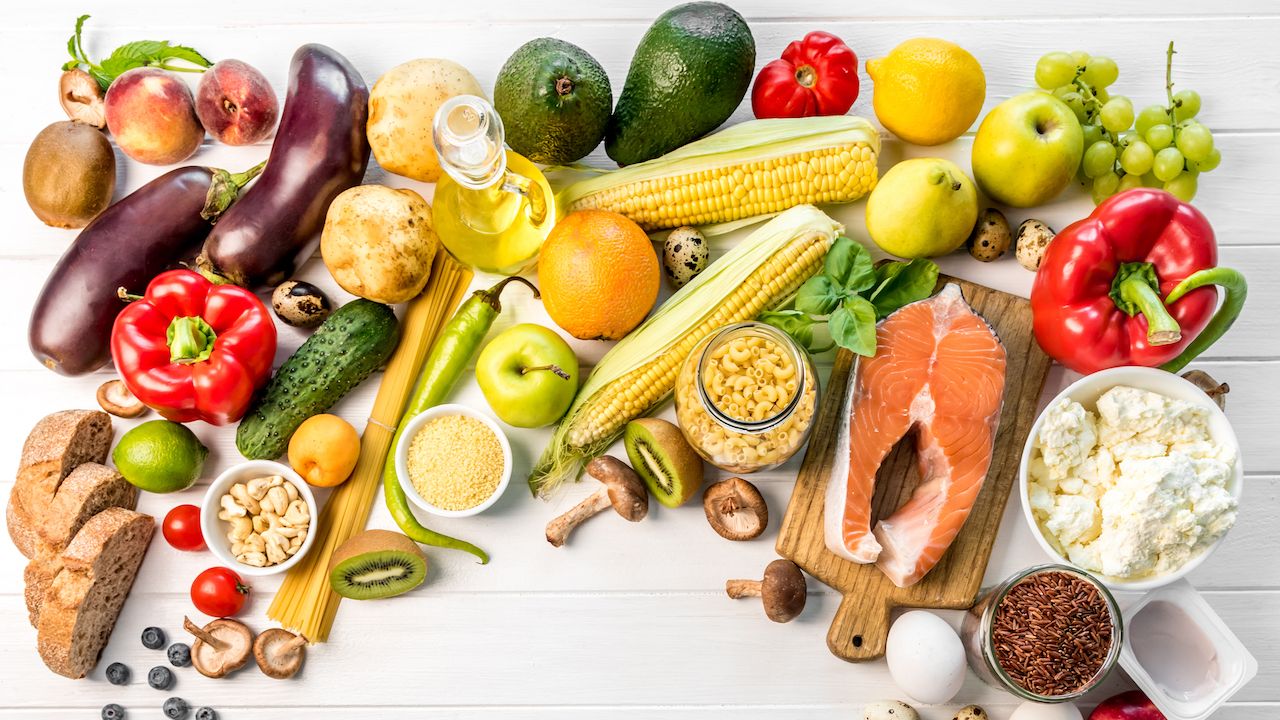Healthy Eating for Life: Enhancing Your Nutrition

Here's ten tips to meet your need for good nutrition.
As human beings, one of our most fundamental needs is the need for nutritious food. Not only is good nutrition essential for physical health, but it also plays a critical role in our mental and emotional well-being. Unfortunately, many of us struggle to meet this need, either due to lack of knowledge, lack of access, or simply due to busy lifestyles. In this blog post, we'll be exploring ten of the best tips for ways to satisfy the basic human need for nutritious food.
Start with the basics
The foundation of a healthy diet is a variety of nutrient-dense foods, including whole grains, lean protein, fruits and vegetables, and healthy fats. It's important to focus on incorporating these foods into your diet on a daily basis, rather than obsessing over individual nutrients or fad diets. Start by making small changes to your meals, such as swapping white bread for whole-grain bread or adding an extra serving of vegetables to your dinner plate.
Plan ahead
One of the biggest barriers to eating a nutritious diet is a lack of time and planning. By taking some time each week to plan your meals and prep ingredients in advance, you can make healthy eating much more manageable. Try creating a meal plan for the week ahead, and use that as a guide when grocery shopping and cooking. You can also prepare ingredients in advance, such as chopping vegetables or cooking grains, to save time during the week.
Emphasise whole foods
Whole foods, such as fruits, vegetables, whole grains, and unprocessed meats, are often much more nutrient-dense than processed foods. Aim to incorporate more whole foods into your diet, and limit your intake of highly processed foods, such as sugary snacks and fast food. Not only will this help you meet your nutritional needs, but it can also help you feel more satisfied and energised throughout the day.
Don't skip meals
Skipping meals can leave you feeling hungry and irritable, and can also lead to overeating later in the day. Aim to eat three balanced meals per day, with healthy snacks in between if needed. This can help keep your blood sugar levels stable and prevent cravings for unhealthy foods.
Make healthy swaps
Small changes to your diet can add up over time, so try swapping out unhealthy foods for healthier alternatives whenever possible. For example, instead of reaching for a bag of chips as a snack, try sliced veggies with hummus or a piece of fruit with almond butter. Instead of using sugar to sweeten your coffee, try a splash of almond milk and a sprinkle of cinnamon.
Read labels
When grocery shopping, it's important to read labels carefully to ensure that you're choosing nutrient-dense foods. Look for foods that are high in vitamins, minerals, and fiber, and low in saturated and trans fats, sodium, and added sugars. Be wary of packaged foods that claim to be "healthy" or "low-fat", as these can often be high in sugar or other unhealthy ingredients.
Cook at home
Cooking at home allows you to have full control over the ingredients in your meals, and can also be a fun and creative way to explore new foods and flavors. Try experimenting with new recipes and ingredients, and make cooking a fun and enjoyable part of your day.
Get enough protein
Protein is an essential nutrient that plays a critical role in building and repairing tissues, as well as maintaining healthy bones, muscles, and skin. Aim to include a source of protein in each of your meals, such as lean meats, fish, tofu, beans, or eggs.
Stay hydrated
Staying hydrated is crucial for overall health, and can also help you feel more satiated and energized throughout the day. Aim to drink at least eight glasses of water per day, and try to limit your intake of sugary drinks, such as soda and juice. If you find it difficult to drink plain water, try adding fresh fruit or herbs for flavor.
Practice mindful eating
Finally, practicing mindful eating can help you develop a healthier relationship with food and promote more balanced eating habits. This involves paying attention to your body's hunger and fullness signals, eating slowly and without distractions, and savoring the flavors and textures of your food. By being more present and intentional with your eating, you can better connect with your body's needs and make healthier choices.
In conclusion, satisfying the basic human need for nutritious food can be challenging, but by following these ten tips, you can make healthy eating a more manageable and enjoyable part of your life. Remember to start with the basics, plan ahead, emphasize whole foods, don't skip meals, make healthy swaps, read labels, cook at home, get enough protein, stay hydrated, and practice mindful eating. With a little effort and commitment, you can nourish your body and mind with the nutrient-dense foods it needs to thrive.
 To learn more about the 16 Basic Human Needs click here
To learn more about the 16 Basic Human Needs click here To learn more about the basic human need for giving and receiving attention click here
To learn more about the basic human need for giving and receiving attention click here Take the "What's my happiness blindspot?" assessment, and get a free personalised report about your basic human needs.
Take the "What's my happiness blindspot?" assessment, and get a free personalised report about your basic human needs.
“Anthony Jacquin BLOG”
